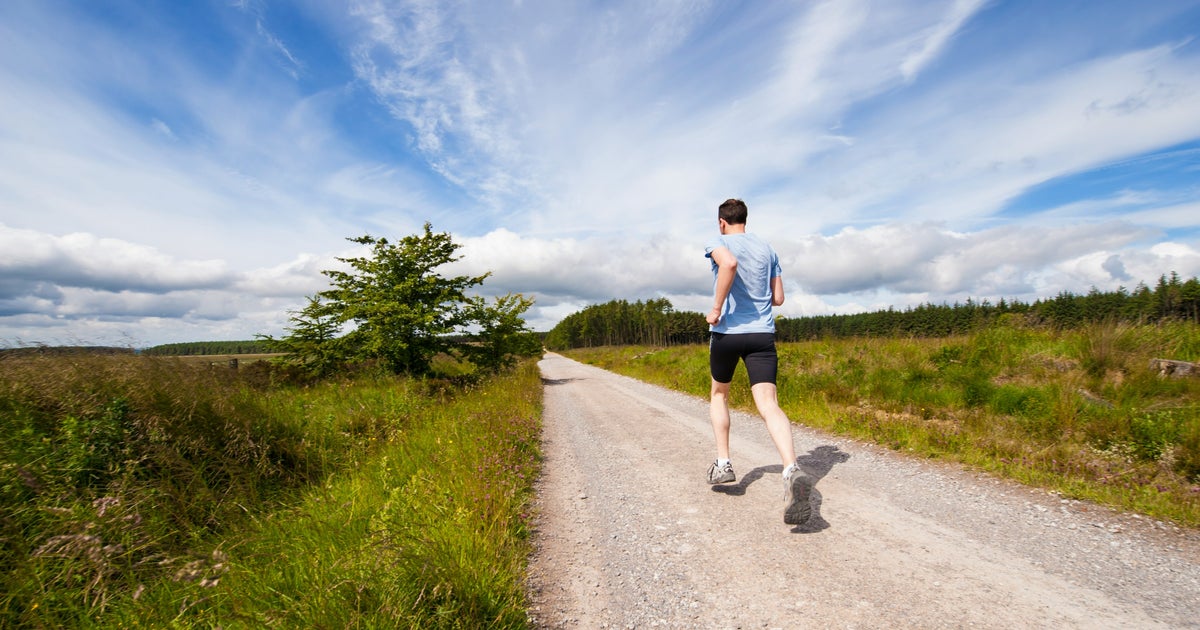Though the NHS recommends most adults consider taking vitamin D until around March as daylight hours shrink, the service also noted: “There’s little evidence that supplements such as vitamin C, echinacea or garlic prevent colds or help you get better more quickly.”
That’s not to say that eating a balanced diet, including getting enough vitamin C, isn’t key to supporting your immune system: it is.
It’s just unlikely to provide the short-term “boost” many people who begin taking the supplement in autumn hope it will.
So what does help to build a strong immune system? I asked two doctors whose answers had a surprising amount in common.
Ditch the idea of short-term immune “boosts”
Speaking to HuffPost UK, Dr Crystal Wyllie at Asda Online Doctor said there’s no one-stop, quick-fix way to “supercharge” your immune system.
And Dr Hussain Ahmad, a hospital doctor, said: “I don’t really like the word boost when we talk about the immune system. It gives the idea that you can switch it on or make it stronger with tablets or drinks, but that’s not how it works… taking lots of vitamin C or other supplements doesn’t make it work any better for most people.”
Instead, Dr Wyllie said: “The easiest way to help boost your immune system is to choose a healthy lifestyle. Maintaining a healthy weight, eating a balanced diet high in fruit and vegetables, and exercising regularly are all natural steps you can take to help your immune system function normally.”
However, though all doctors recommended doing what Dr Ahmad called “simple stuff” over a long period of time, Dr Wyllie said that some changes really can make a significant change.
“Quitting smoking is hugely beneficial for your overall health, but also helps the health of your immune system,” she revealed.
That’s partly because “your adaptive immune system, the part responsible for remembering and responding to threats, can be negatively impacted by smoking,” she said.
“It can take years for your immune system to recover after quitting smoking, so the sooner you decide to stop, the better.”
Additionally, you might be surprised by how much changing your pace of life helps. “Stress and tiredness can make you more likely to catch things, so slowing down when you can really helps,” Dr Ahmad advised.
Are there any genuine “immune boosts”?
Yes(ish). There is one exception to the “slow-burn, lifestyle change” rule: vaccines.
These “are the only proven ways to prepare your immune system for specific infections,” Dr Ahmad advised.
And Dr Wyllie shared “It is much safer and easier for your immune system to build its defences through vaccinations than by catching the disease”.
This is not to say that nobody should take supplements or that they’re useless – this is not the case, especially if you have nutrient deficiencies.
But, as Dr Ahmad put it, the best place for most of us to start is by trying our best to “eat proper meals with some fruit and veg in there, move your body every day, and make sure you’re getting enough rest”.
That, along with keeping up with any vaccines we’re eligible for, is as close to an “immune system boost” as we’re likely to get.
